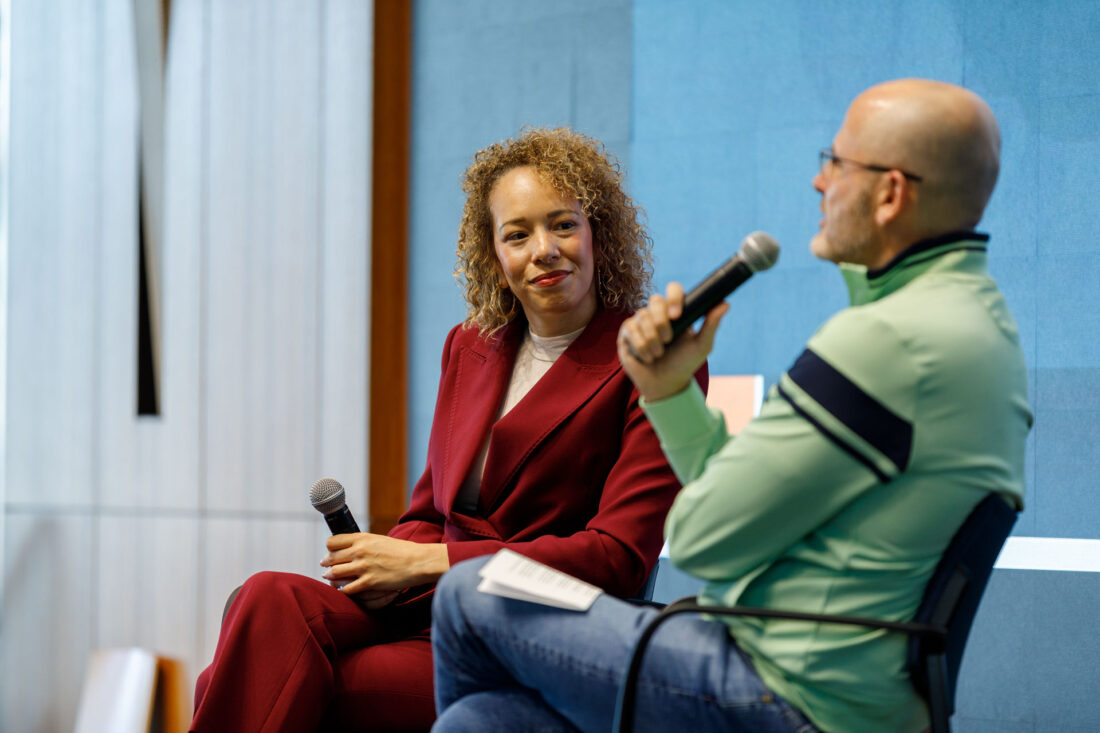Top HR and tech leaders join academics to tackle AI’s human impact at Culture Connect Conference
The world’s nearly 2.5 billion Internet users are generating 2.5 quintillion bytes of data daily as they socialize, work, shop, and play online, according to a recent estimate by IBM.
This big data explosion, combined with the unprecedented research opportunities and the technical and statistical challenges it creates, is the subject of a new cross-disciplinary PhD seminar that alternates between the Berkeley and Stanford campuses on Monday afternoons.
The Data, Society, and Inference Seminar features social science researchers from top universities and firms who are working on cutting-edge techniques for managing and analyzing data. The seminar is modeled on a series offered by Harvard’s Institute for Quantitative Social Science.
"Governments, businesses, and other institutions are collecting enormous amounts of data about what’s going on in the world,” says Haas student Neil Thompson, PhD 12. “As academics, we want to bring this data to bear on questions that are meaningful for firms and for society at large.”
Thompson co-organizes the seminar with Professor Lee Fleming of the UC Berkeley Department of Industrial Engineering and Operations Research, Berkeley Political Science Professor Jasjeet Sekhon, and Stanford Economics Professor Guido Imbens.
Stanford economist Susan Athey, winner of the John Bates Clark Medal and chief economist at Microsoft, kicked off the seminar Oct. 1 with a discussion of her econometric pricing model for the auctions used to sell search engine advertising. This week, Berkeley Statistics Professor Philip Stark will present an evidence-based approach to certifying elections.
Another speaker, Gary King, director of Harvard’s Institute for Quantitative Social Science, analyzed millions of social media posts from 1,400 services throughout China both before and after they were censored by the government’s vast network of Internet police, discovering that censors are largely ignoring individual criticisms of the state and focusing instead on blocking collective actions.
The seminar is funded by the Fung Institute for Engineering Leadership and the Institute for Government Studies, both at UC Berkeley, and the Gareatis Foundation. It is open to faculty and graduate students. For more information, visit faculty.haas.berkeley.edu/neil_thompson/DSI_Seminar/index.htm.
Posted in:



